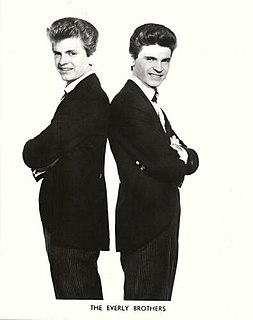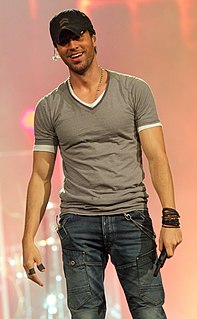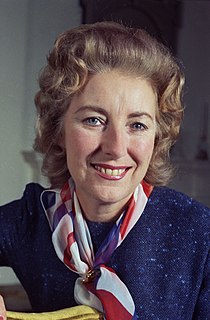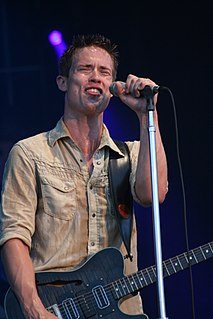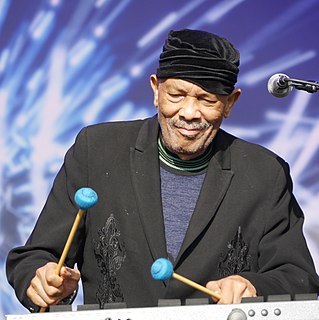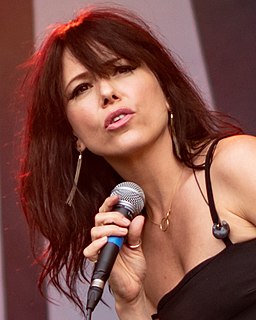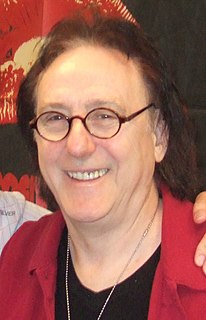A Quote by Phil Everly
My son and I run a string company, and he has a studio there, and I go down sometimes and we'll record.
Related Quotes
I was amazed at how the life of a freelancer differed from running a remote studio for another company. I thought I knew what I was doing in 2004 when I left Eidos because I had run Ion Storm Austin, which was my own independent studio. I had run a business unit inside Origin, but being part of a startup is crazy.
The process is always the same. I get an inspiration for a new song, I put it down on paper immediately so I won't lose it. When I am ready to go to the studio with it, I play it a few times on the piano and edit, add, and type the lyrics and take it to the studio. Sometimes I don't have anything on paper.
